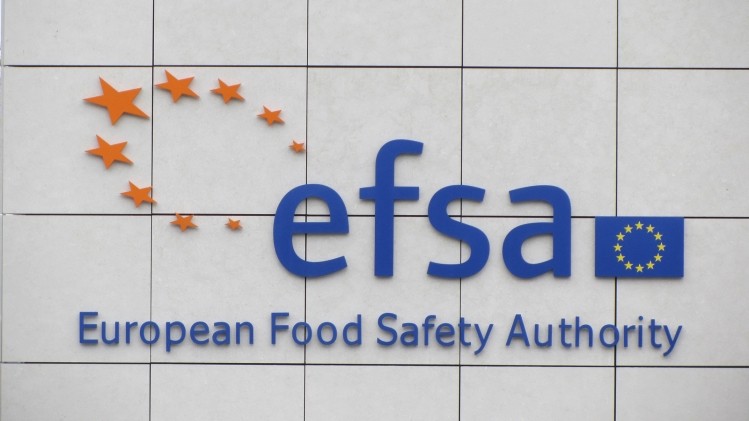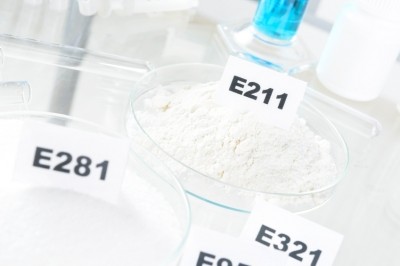EFSA issues revised exposure assessment for E122 colouring

A refined exposure assessment was ordered by the European Food Safety Authority (EFSA) after 2009 data suggested intakes for one to ten year olds at the highest percentile of exposure may fall above the ADI of 4 mg per kg of body weight per day using both the refined exposure and maximum permitted level (MPL) systems.
“Following this conclusion, EFSA performed a refined exposure assessment for this food colour, using new usage data from industry, as well as analytical data submitted to EFSA by Member States, and the EFSA Comprehensive European Food Consumption Database,” wrote EFSA in its fresh assessment.
As a result, the new review provides a refined exposure assessment for Carmoisine (E 122) based on individual food consumption data which became available within the EFSA Comprehensive European Food Consumption Database, and from newly submitted information on the actual usage levels and analytical data of E 122 in foods as consumed, said EFSA – noting that this information was provided following an EFSA call for data launched in March 2013.
“In comparison with the previous assessment, the current exposure estimates based on the MPL scenario were of the same order of magnitude, at both the mean and the high level, for all populations,” said EFSA – noting that under the maximum permitted level system exposure estimates exceeded the ADI of 4 mg/kg bw per day at the high level for toddlers and children.
In the refined exposure scenarios, the ADI was not exceeded by any of the population groups.
“However, based on the refined scenarios, the current estimates were lower for all populations at both the mean and the high exposure level, and did not exceed the ADI,” said the European science agency.















